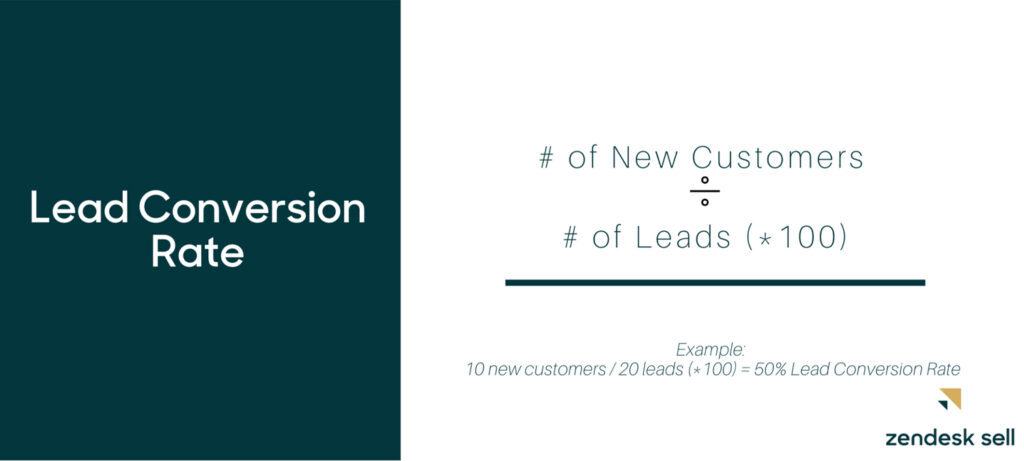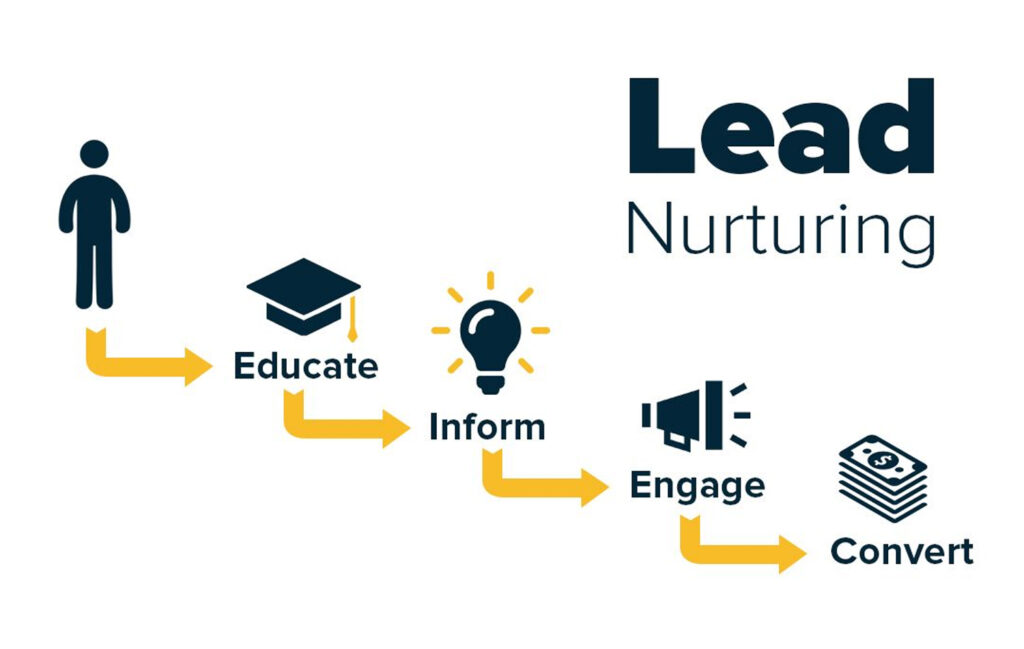When a marketing strategy is attracting prospective customers, but leads aren’t converting, it’s time to re-evaluate your approach. After all, lead conversion in manufacturing is critical to your overall company success.
Marketing for manufacturers is essential to increasing brand awareness and driving website traffic for manufacturing companies. With nearly 719,000 manufacturing businesses in America, marketing tactics can help set you apart from your competition and attract new leads. Your sales team must then convince those people to convert to customers to generate more revenue and further the growth of your business.
Keep reading to learn about lead conversion in manufacturing and how to improve your company’s approach to this essential element of success.
Key Takeaways
- Lead conversion is the process of getting a lead to take a desired action.
- Conversions could be anything from registering for an event to purchasing a product.
- Cost per conversion, conversion ROI, lead value, and time-to-conversion can help you identify areas of weakness in your sales team’s efforts.
- Lead scoring, lead nurturing, and capitalizing on user reviews can boost lead conversion in manufacturing.
What Exactly is Lead Conversion?
Lead conversion is the process of getting a lead to take a desired action, ranging from signing up for emails to buying a product. Once your marketing efforts have attracted an interested buyer to your business and they provide their contact information (lead generation), lead conversion is the next step in channeling them through the sales funnel. From marketing efforts to sales tactics, lead conversion is a journey that includes the following steps:
- A general lead transitions to a marketing qualified lead (MQL): An MQL is someone who has been vetted by the marketing team as someone showing interest in your offerings, making them a potential customer.
- An MQL then transitions to a sales-qualified lead (SQL): An SQL is someone who has been vetted by the sales team and identified as someone who is ready to buy.
- An SQL transitions to a paying customer: the sales team was right! These people are ready to act, and they do in fact, complete a desired action, ending the lead conversion process.
To determine your sales team’s lead conversion rate (LCR), divide the total conversion over a certain time period by the total leads within that time period. Then, multiply that by 100.

You want to continually check your team’s progress to ensure everyone is meeting company goals. Determine your team’s overall LCR but also look at individual progress. If one person is responsible for the majority of conversions, then there’s a problem to address.
You can often pinpoint issues with your sales team by looking at the following:
- Cost per conversion: how much it costs to convert a lead.
- Conversion ROI: your profit vs. the cost of the conversion.
- Lead value: the total (sales) value of leads at a certain time.
- Time-to-conversion: how long it typically takes to convert a lead.
All of these factors can help you identify areas in which your sales team is failing throughout the lead conversion process. This enables you to rectify the problem, improving overall conversion rates.
The following video provides an in-depth look at ways for service businesses to convert leads into sales:
Source: Sabri Suby on YouTube
How to Boost Lead Conversion in Manufacturing
Today’s consumers are more discerning than ever before. The internet empowers them to conduct their own research and find solutions to their needs. Here are three ways to help increase lead conversion in manufacturing.
1. Implement Lead Scoring
To maximize your resources, you want your team to focus on the prospects that are most likely to convert. Determine who these leads are by implementing a lead-scoring process that can provide insight into which leads have the highest potential value. Lead scoring weighs:
- Interest level
- Product usefulness
- Affordability
- Timing
- Power of authority
A qualified lead should meet all five of these qualifiers. If they don’t, you need to consider whether pursuing and nurturing these leads is worth your effort (and resources). If the one box they can’t check is timing, the lead is still a qualified lead – they’re just not a good fit in this moment. Save them for later and revisit them in the next sales cycle.
2. Engage in Lead Nurturing
Just because a lead is qualified doesn’t mean they’ll convert right away. It can take as many as 30 touchpoints to close a sale. That’s why lead nurturing is important. Building relationships and providing a positive, custom experience is essential to driving sales numbers. When you guide a prospect through the entire customer journey – not just give them attention at the beginning and end of the process – they’re more likely to convert.
People don’t want to feel like they’re just another quota. Check-in with them frequently. Make sure things are going smoothly. See if they have any questions or want any additional information. By being a resource for them regardless of where they are in the sales funnel, you’ll earn their trust and loyalty.

3. Capitalize on Reviews
User reviews are a powerful tool in lead conversion in manufacturing. Manufacturing isn’t something a customer can try before they buy. For this reason, the real-world experiences of other customers influence their purchase decision. As a result, when shopping for potential solutions to their unique needs, 68% of consumers will interact with a company because of positive user reviews.
Let these reviews work for you. Publish them where prospective customers can see them. They can be a powerful tool in brand and content marketing for manufacturing companies. Be sure to post them on the home page of your website. Testimonials and user feedback are website must-haves.
When others see that people trust you through their positive experiences, they’ll be more willing to try. Customer reviews can help give people the confidence to commit to converting.
Increase Lead Conversions for Further Growth
Shanahan Strategy is an industrial marketing agency that follows marketing trends for manufacturing companies to help them generate and convert leads for increased revenue.
Contact Shanahan Strategy today to learn how we can boost your lead generation efforts.

